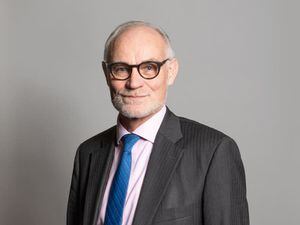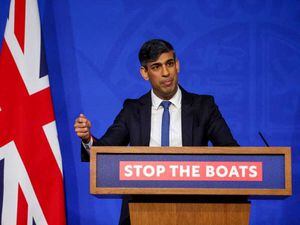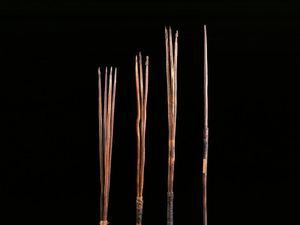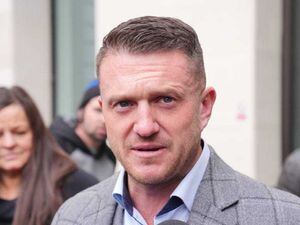Murdered Kremlin critic ‘previously believed he had been poisoned by Russians’
Paramedic Keith Carr said he treated Nikolai Glushkov in November 2013 for suspected poisoning.
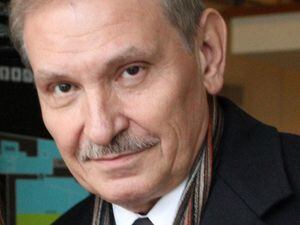
A murdered exile believed he had previously been poisoned by mystery Russians who brought him Champagne, a paramedic who treated him said.
Former Aeroflot deputy director Nikolai Glushkov was found apparently strangled in his home in New Malden, south-west London, a week after the Novichok poisoning of the Skripals.
Paramedic Keith Carr on Friday told how he treated Mr Glushkov in November 2013 for suspected poisoning, after the exile shared drinks with two men from Moscow in a Bristol hotel.

The Guardian reported that detectives are now reinvestigating that night in the Grand Hotel as part of the murder inquiry.
Mr Carr, then working with South Western Ambulance Service, said he responded to a report that Mr Glushkov had collapsed on the carpet the morning after the drinks.
“He had been visited by two Russians the night before,” Mr Carr, now 71, told the Press Association.
“They (the visitors) brought Champagne. They drank the Champagne together.
“He woke up on the carpet the next day. He had carpet burns to his face and he was unsteady.”
Mr Carr said his patient had an abnormal heart rhythm, which was very fast.
“In 47 years as a paramedic I’ve never had anybody deliberately poisoned so it wasn’t foremost in my mind until he said, ‘I think they poisoned me’,” Mr Carr, of Bristol, said.
“I thought it was a bit far-fetched but when I saw the cardiac dysrhythmia I thought something’s wrong, it’s not like any normal heart rhythm, so somebody’s got to him.”

The disclosure comes after police named two men said to be Russian military intelligence agents as suspects in the nerve agent poisoning of former spy Sergei Skripal.
Counter-terrorism police led the murder inquiry after Mr Glushkov was found dead on March 11.
Mr Glushkov claimed political asylum in the UK after Russia accused him and Mr Berezovsky, who died in March 2013, of a criminal conspiracy in relation to Aeroflot.
A Scotland Yard spokesman said the “incident” in Bristol in 2013 was a matter for Avon and Somerset Police, and added: “We are not prepared to discuss specific lines of inquiry in regards our investigation.”

